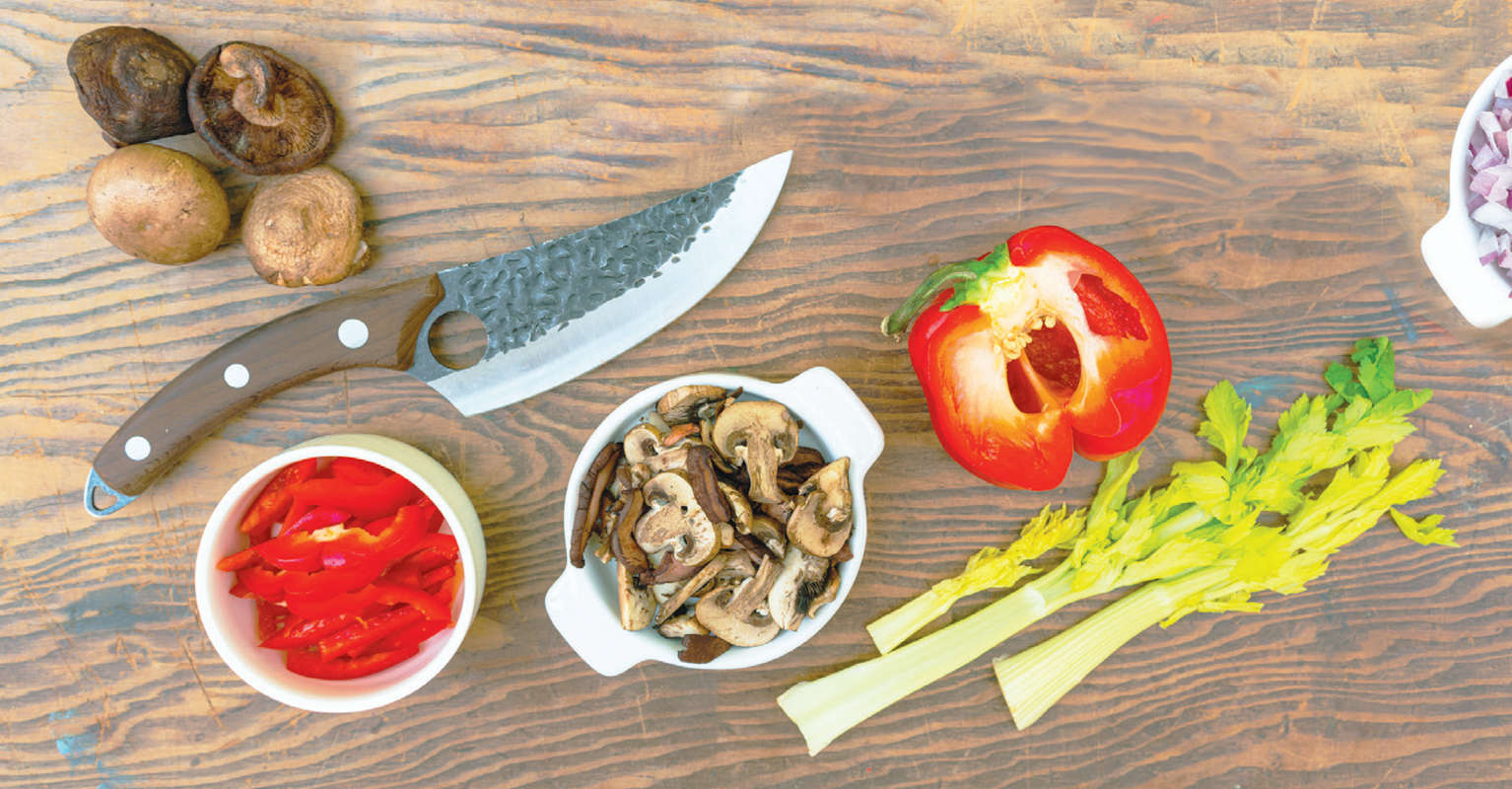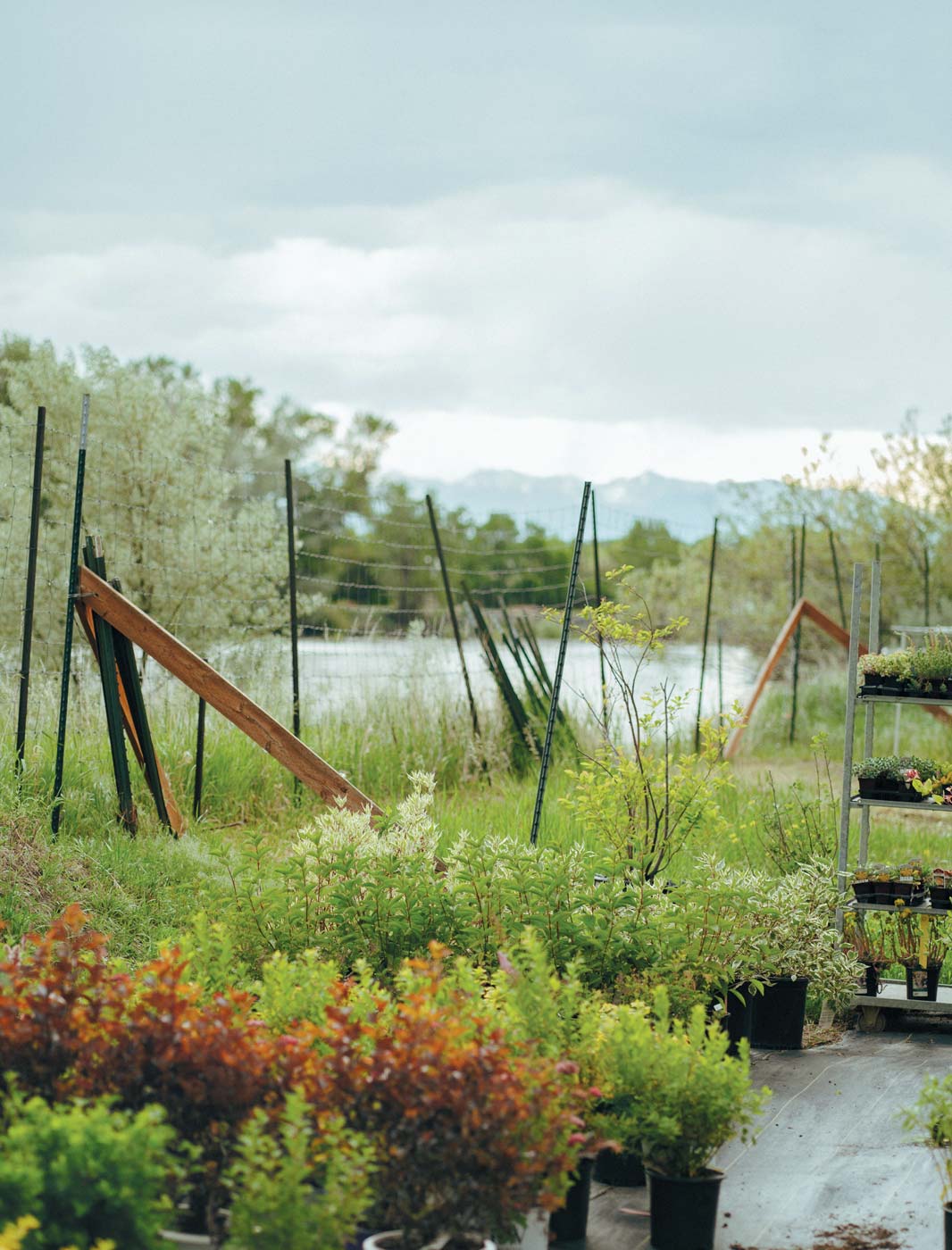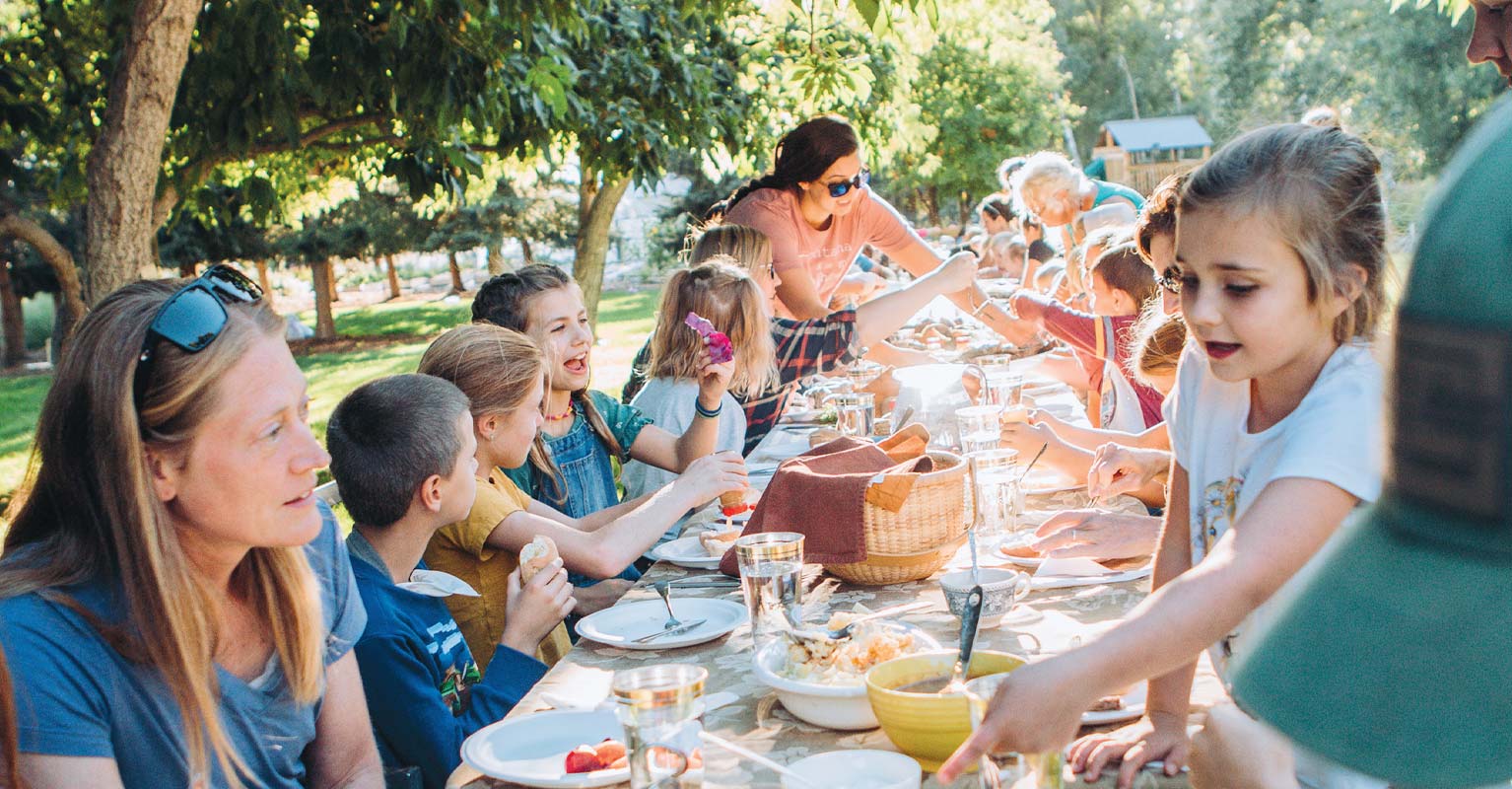Being a 21st-century farmer is far from the romantic image of scattering seeds and praying for rain. In reality, farmers today face a complex web of challenges that go well beyond tending crops. They’re not just growers; they’re small business owners juggling rising property costs, pricey equipment, and the struggle to find and retain reliable workers—all while ensuring fair wages in the increasingly expensive Gallatin Valley. Balancing these demands is tough enough, yet farmers also face the urgent task of restoring and protecting soil health, which is vital for both their livelihoods and the future of our food system.
I am not a farmer. Despite dedicating years to growing, hunting, and processing my own meat, my backyard garden often leaves me more frustrated than full. There’s something magnetic about the rhythm of growing food, even if it doesn’t pan out well for me; each small success keeps me coming back.
While I’ve readily blamed Montana’s unpredictable weather for my failures, I’ve been baffled and mesmerized by the rows of vibrant flowers, heirloom tomatoes, and fresh greens that drape the tables like works of art at our farmers markets. For many, food is just something bought, cooked, and eaten— but each bite carries an untold story of effort, demand, and cost. I wanted to see for myself what it takes to fill those tables with abundance, to understand the labor behind every crate of vegetables and armful of blooms. Driven by curiosity and a desire to bridge that gap, I signed up for the workshare program at Kokoro Farm.
A farm workshare program is an arrangement where volunteers work on a farm in exchange for a share of the farm’s produce. Participants typically commit a certain number of hours each week performing tasks like planting, weeding, harvesting, and washing produce. In return, they receive a portion of the weekly harvest, which could include vegetables, flowers, or other farm products.
Workshares benefit both parties: In short, the farm gains consistent help without the overhead of additional payroll, and volunteers gain the opportunity to learn farming skills, enjoy fresh produce, and engage in a community of others who care about growing good food.
For me, it was this sense of community that unexpectedly became the highlight of my workshare experience. While I certainly picked up practical skills like growing better tomatoes and understanding garlic cultivation in my own garden, what stood out was how much I looked forward to conversations with the farm employees. This enthusiastic group of tough young women brought an experience I didn’t know I was missing.
The lively conversations were personal and I found that spending time with the generation behind me was really fun and interesting. I have so much admiration for their dedication to farmwork and doing something they feel is important.
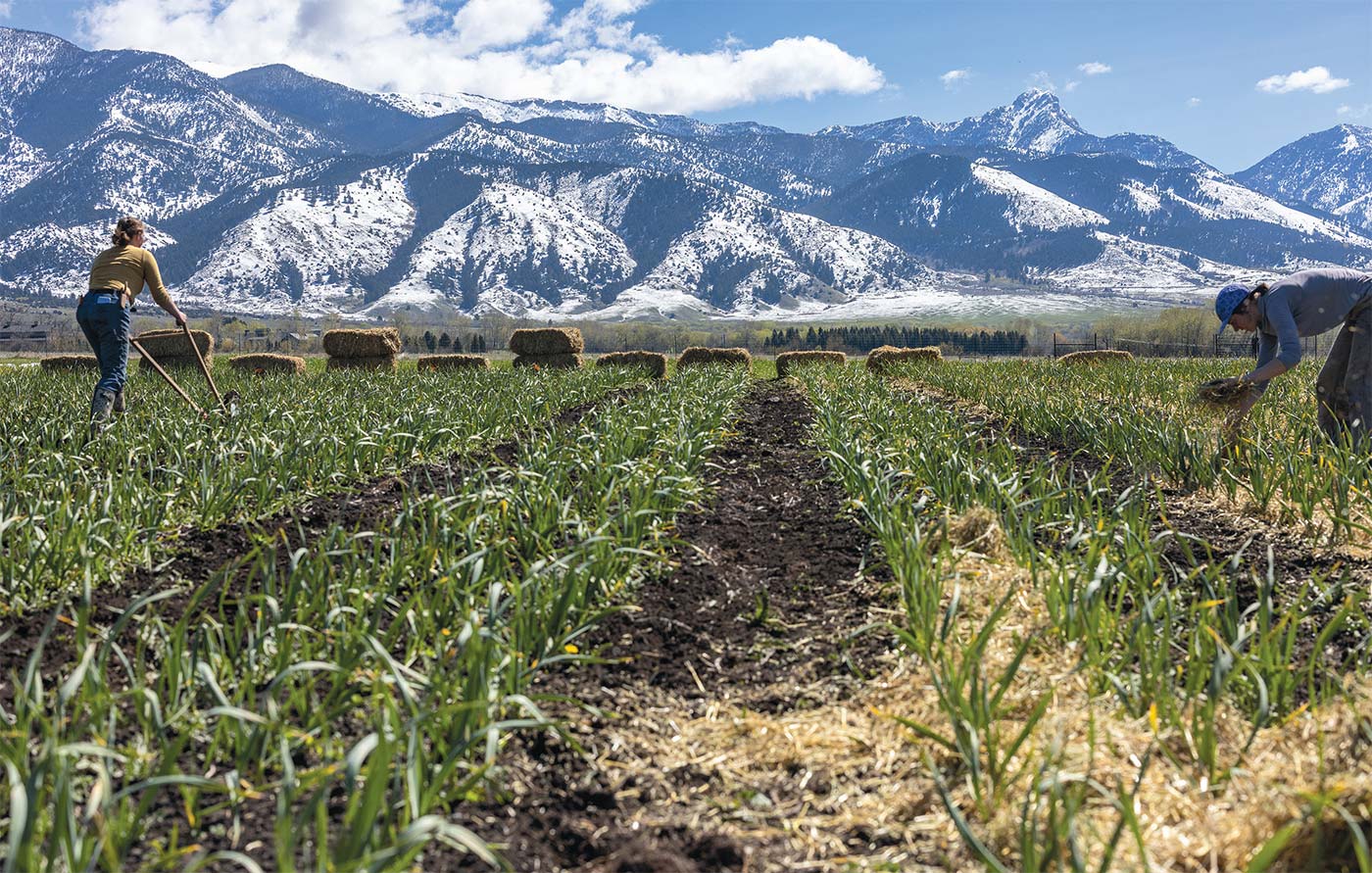
Breah Burke, a massage therapist at Ulu Wellness, joined the workshare program at Kokoro initially drawn in by a friend. The experience resonated so deeply with her that she returned for a second season, this time bringing another friend, Lena Rich. For them, these weekly shifts became intentional moments to “connect, chat, and enjoy being outside in a beautiful space—almost like a weekly date!” Burke reflected on how the time on the farm positively impacted her overall well-being and strengthened her friendship with Rich, calling it “a really wonderful and positive piece of my summer.”
Travis Cox, who co-runs the farm with his partner, Meara Cassidy, says the workshare program offers volunteers a refreshing break from their regular routines. “We see people of all ages and backgrounds coming to the farm,” he says. “They bring an excited energy, eager to learn and ask questions. For us, during the long farming season, that enthusiasm can be rejuvenating.”
Workshares provide vital support to farms throughout the growing season. In Gallatin Valley, both Kokoro and Chance Farm run weekly workshare programs during the growing seasons, and Amaltheia Organic Dairy offers volunteer days during busy periods. To get involved in the 2025 season, check each farm’s website or Instagram for updates on opportunities—farmers often begin taking signups during late winter.
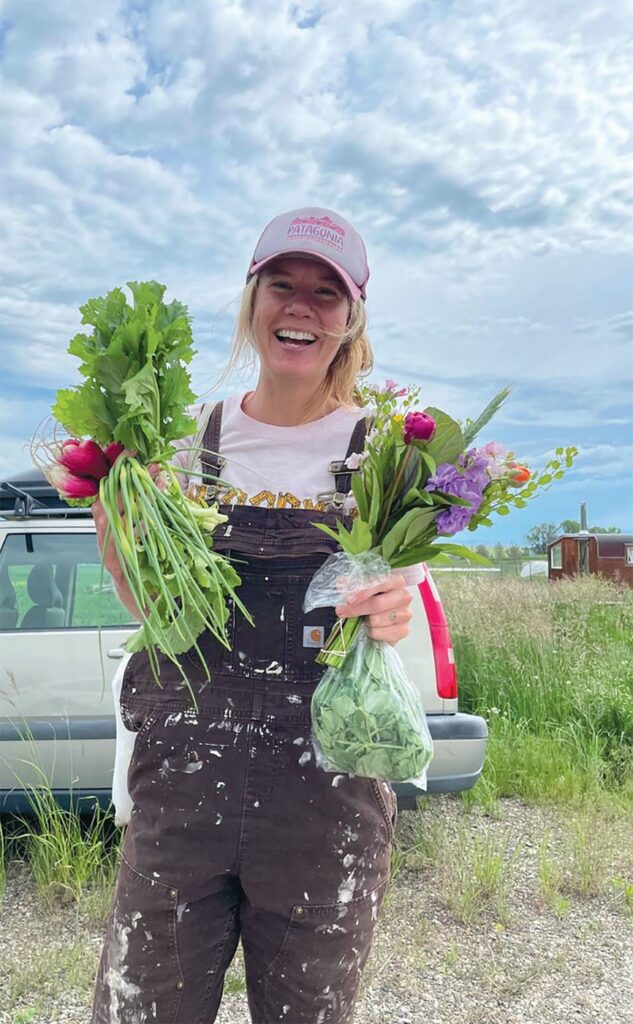
Workshares are about more than just harvesting food; they’re about fostering community, building meaningful connections, and gaining a deeper understanding of what sustainability truly means. It’s in these exchanges that we gain insight into the hard work and dedication behind every harvest and the people who make it possible. By participating, we aren’t just eating well—we’re actively investing in the health and resilience of our local food system.
Each week, I left the farm with more than just a basket of fresh produce; I walked away with a profound appreciation for the intricate process of growing food and a stronger sense of responsibility to support our farmers and ensure their continued success.


